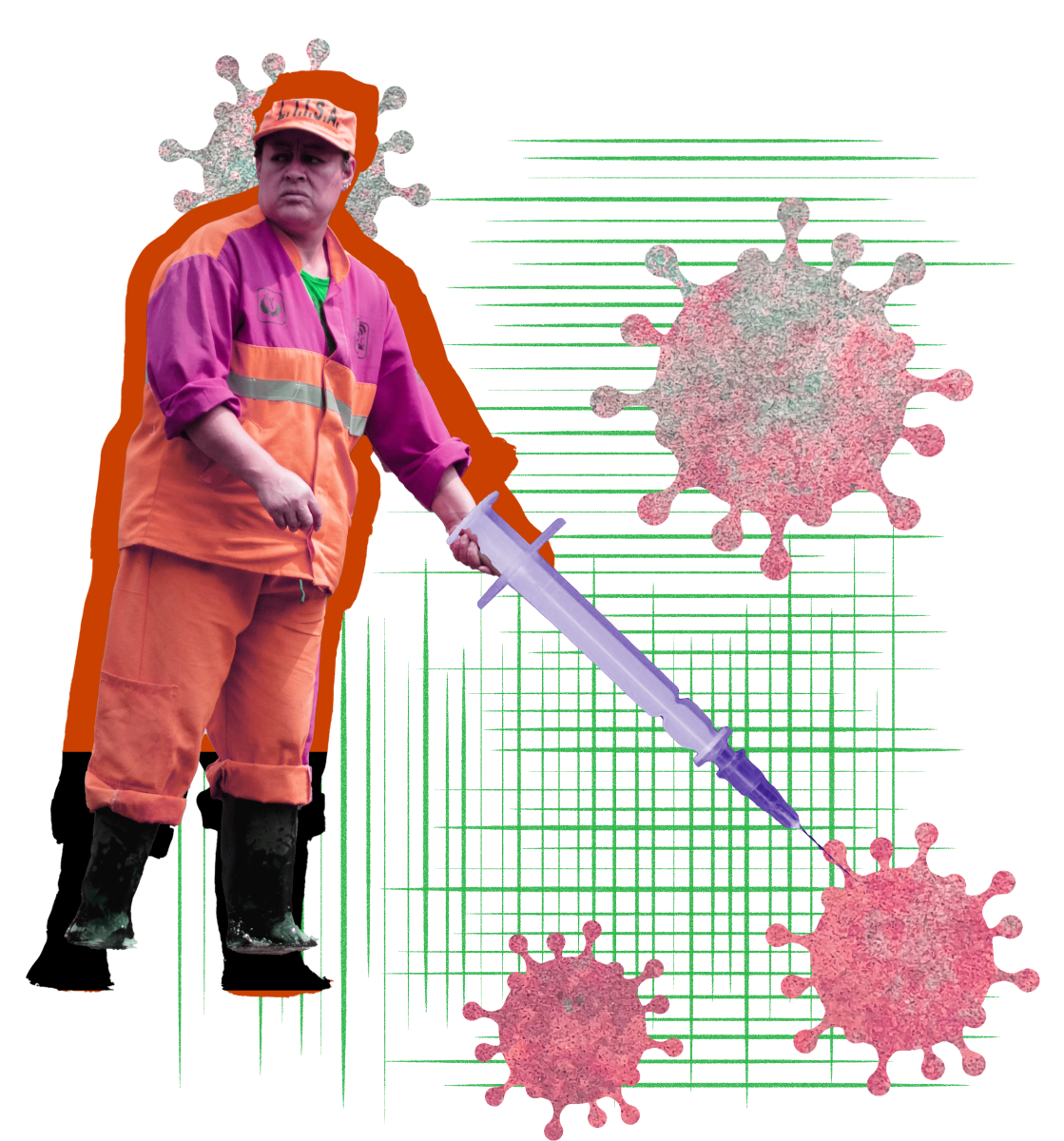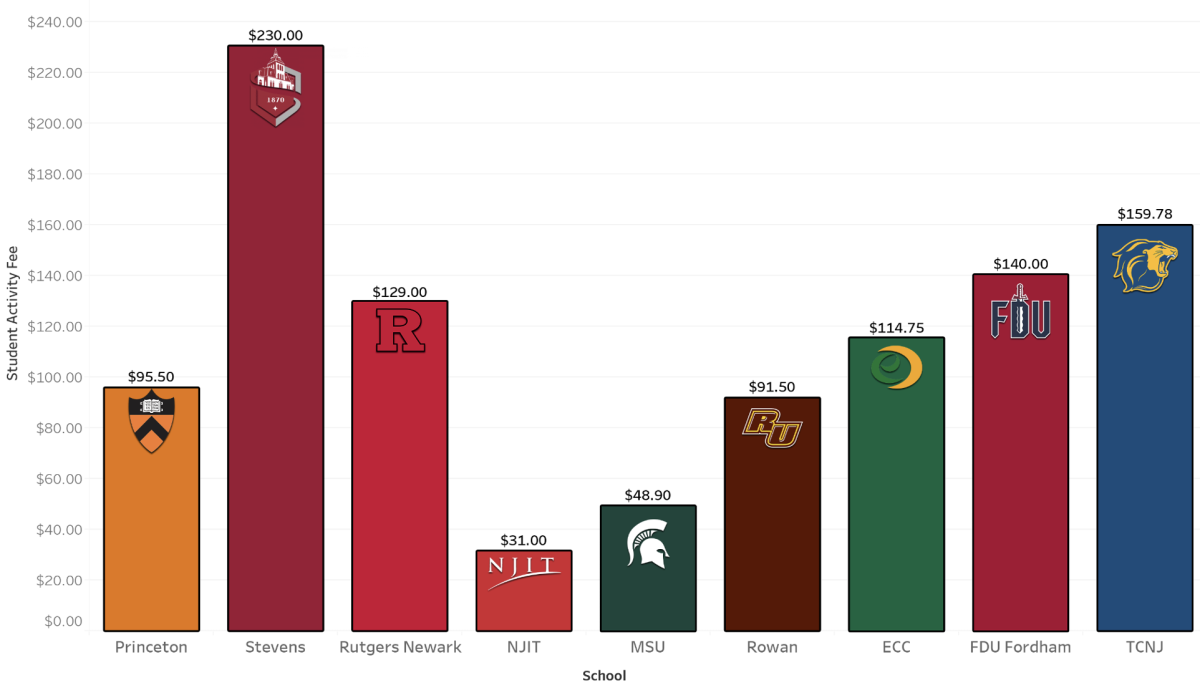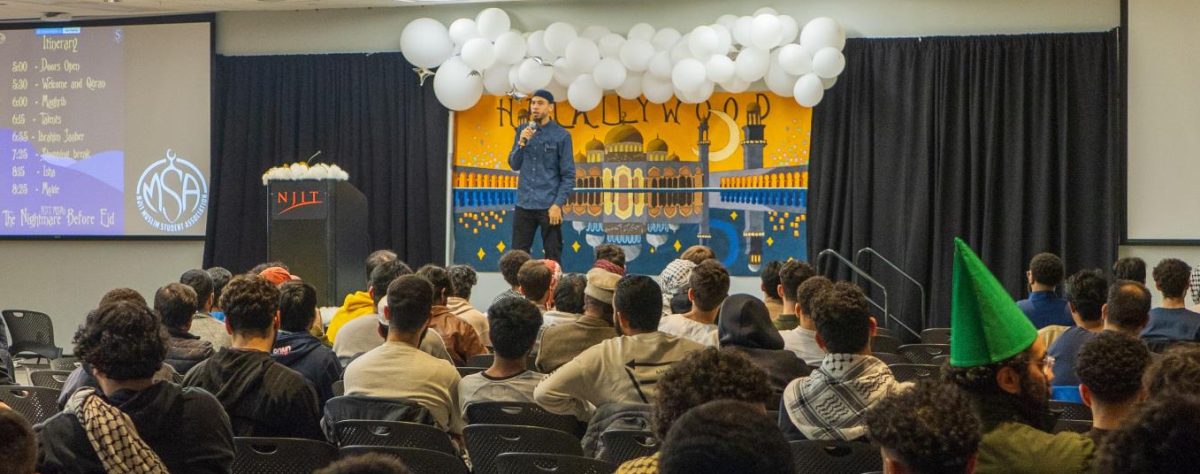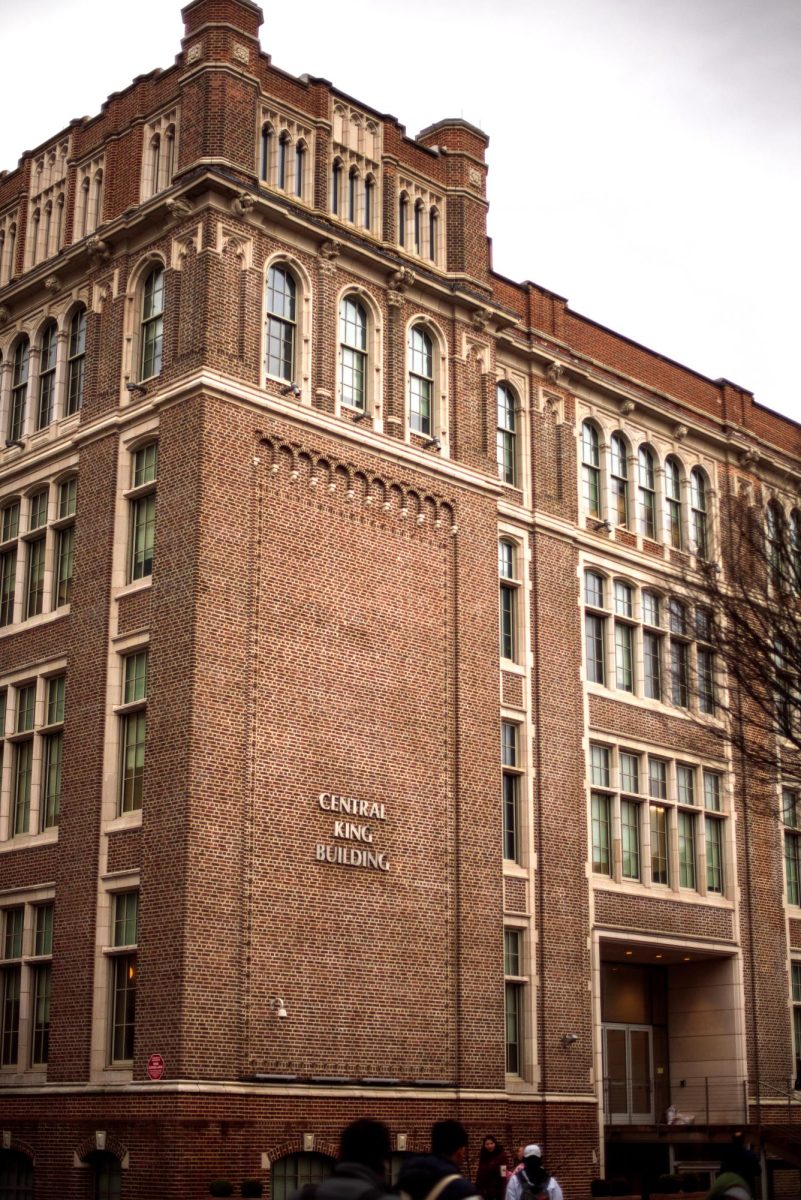Campus Development: Looking back and how we move forward
On Jan. 22 in his welcome back email, Senior Vice President for Real Estate Development and Capital Operations Andrew Christ announced NJIT’s acquisition of the former Warren Street School at the corner of Warren and Wickliff Streets.
Christ stated, “Based on our need for more residential capacity and parking for our growing population, we have begun a “Request for Qualifications” process to secure a development partner for a 500+ bed residence hall and structured parking facility on the Warren Street School property.”
As NJIT settles into 2020, students and staff find themselves returning to a campus that has grown and developed alongside them over the course of the decade. The 2010s have seen the conclusion of projects such as the Makerspace, the Central King Building, the completion of the Wellness and Events Center (WEC) and the Lubetkin Field.
Andrew Christ personally led these projects in his position. “The ability for us to work together as a community and effectuate some significant physical change on the campus has been very, very rewarding,” he said.
Christ stresses that upgrading research facilities has remained a focus in light of a rapidly changing scientific landscape. “A couple of decades ago… we weren’t an R1 Carnegie classification research institution. We’ve had to refocus and be sure that we were spending our resources in a way that provided the necessary support to get us to that designation.” He refers to 2019 R1 Carnegie classification as a “Very High Research University,” joining Rutgers and Princeton as one of three such universities in New Jersey.
The development projects have not been without criticism or challenges. One significant obstacle has been maintaining campus appearance and functionality during the construction process. “We still need to deliver quality services to the students and provide a quality environment for the faculty to teach and do their research, while upgrading and renovating space,” said Christ.
Owen Busler, junior Electrical Engineering major, cited lack of transparency as a frustration. “In the end, I think they’re amazing facilities,” he said. “Especially the field, but personally, my friends and I would just make fun of whoever was the construction company at the time because it sat as a dirt field for like 8 months.”
Lubetkin Field construction, which began with the WEC groundbreaking ceremony in Nov. 2015, was plagued by delays and finished almost a year behind schedule in Aug. 2019.
He continued, “I’m sure there’s a reason for it, but we just didn’t know why… I personally would have appreciated a, ‘Hey, just so you know, if you see the field sitting there not doing anything for the next six months, it’s because it’s soaking wet, it’s frozen,’ … Because when I see big trucks—which I’m sure we’re spending thousands of dollars renting every week—sitting there doing nothing… my tuition’s going to having that truck sit there.”
On the WEC project, Christ said, “Believe me, I was first in that line of those happy to get that project brought to a successful conclusion… A lot of blood, sweat and tears have been shed over the years to make that happen. Having the ability to communicate [our] plan and get input and feedback through our shared governance process has… allowed us to overcome a lot of the challenges. But it’s never enough, and it’s never fast enough. Because I’m as impatient as anyone else, I would love to have it all done tomorrow… But it’s just not possible.”
To determine which projects to take on, NJIT uses a data-driven approach to ground their strategic plans in efficiency and determine which investments will attract students and revenue for the school.
“We work together with the finance office to understand whether or not [the project] will produce the revenue that may require that we construct a new building for that program,” said Christ. Student satisfaction surveys play a role in the process, but the results have not always been positive. The final report for NJIT’s “2020 Vision” plan states, “Neither students nor faculty are satisfied with facilities according to survey measures.”
Some of this may be due to changing expectations. As Christ puts it, “The challenge for us is that about every four years, the student population changes over,” and cites CKB as an example of an exciting facility in 2017 that has now become yet another mundane building. Nevertheless, as the “2020 Vision” document continues, “Limited student and faculty satisfaction with technology and facilities warrants attention. The next plan should consider developing strategies to improve objective conditions while more directly reflecting community needs and expectations in facility development.”
Moving forward, NJIT’s development team will place a premium on adapting to changes in how students engage with their education. Busler hopes that NJIT can grow its resident population. “I think we could make a bigger impact on the newer campus by having more people live here,” he said. “From my personal experience, the residents are the ones who are most active in clubs, the most active in Senate.”
Christ agrees: “We would like to have more residential students… You participate more in the university experience if you’re here on campus. Maybe you go to a sporting event or you attend the theater because you have a little bit more time… I think the more students get comfortable with living on campus and the more quantity that we’re able to bring here, that will help us further that experience.”
NJIT’s recent purchase of the Warren Street School property reflects this goal. “It fits perfectly within what we would consider the residential zone of the campus,” said Christ. They intend to lease it out for the construction of a third-party housing option like University Centre.
As NJIT grows, Christ envisions a broader vision for the campus. “As I see NJIT evolving in the future, it’s not just developing on campus… it’s helping to develop more into the community of University Heights, and being a part of that Renaissance that’s happening in the city. That’s a great part of my job today.”





































